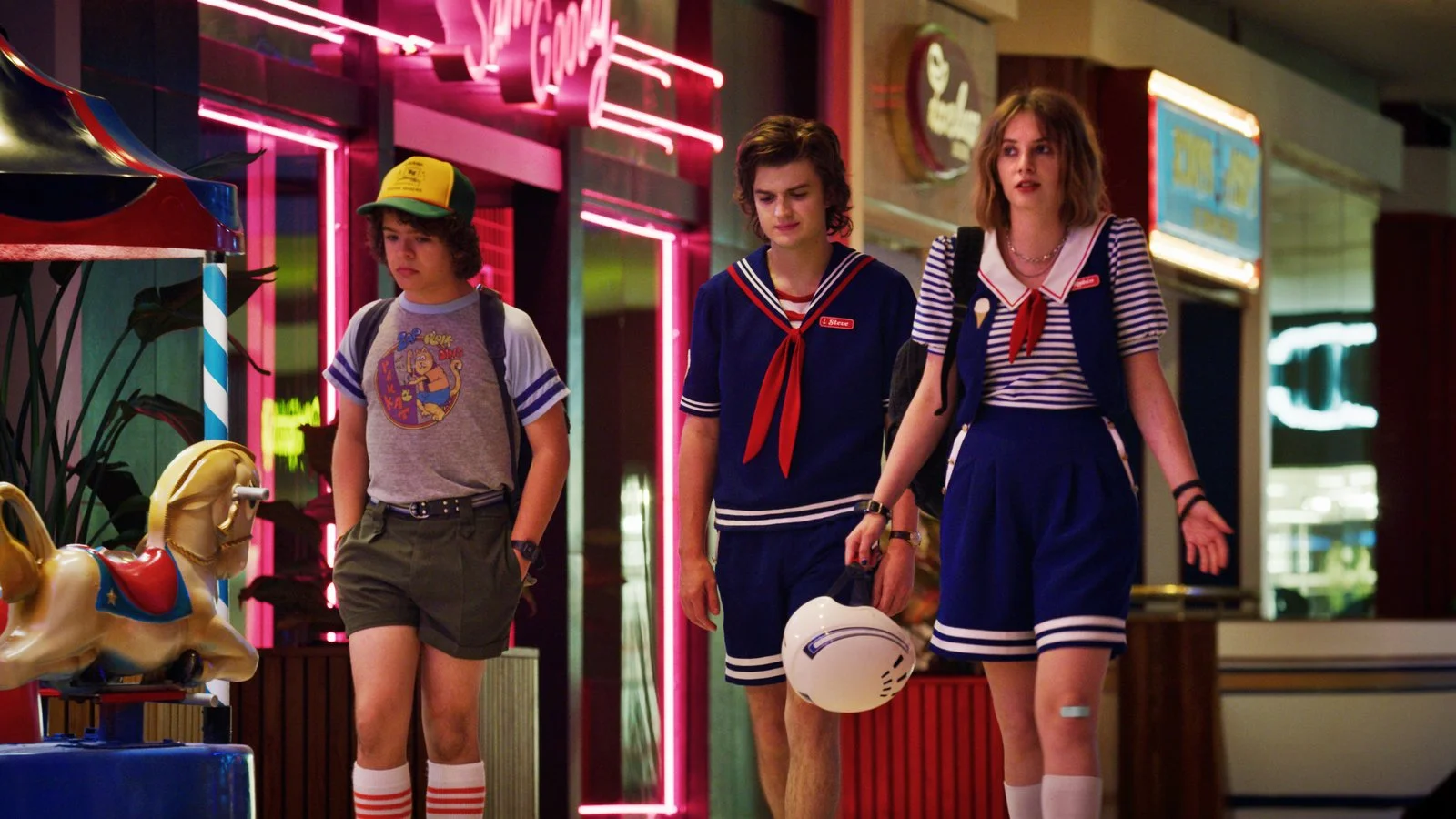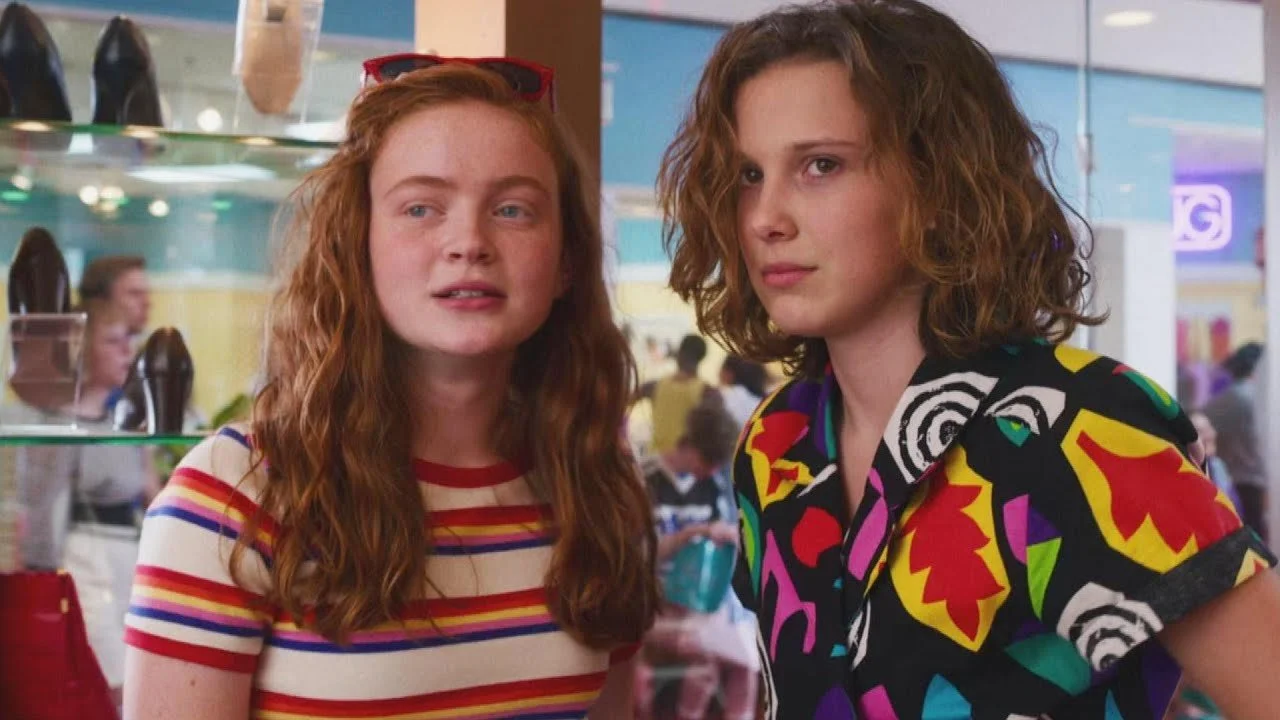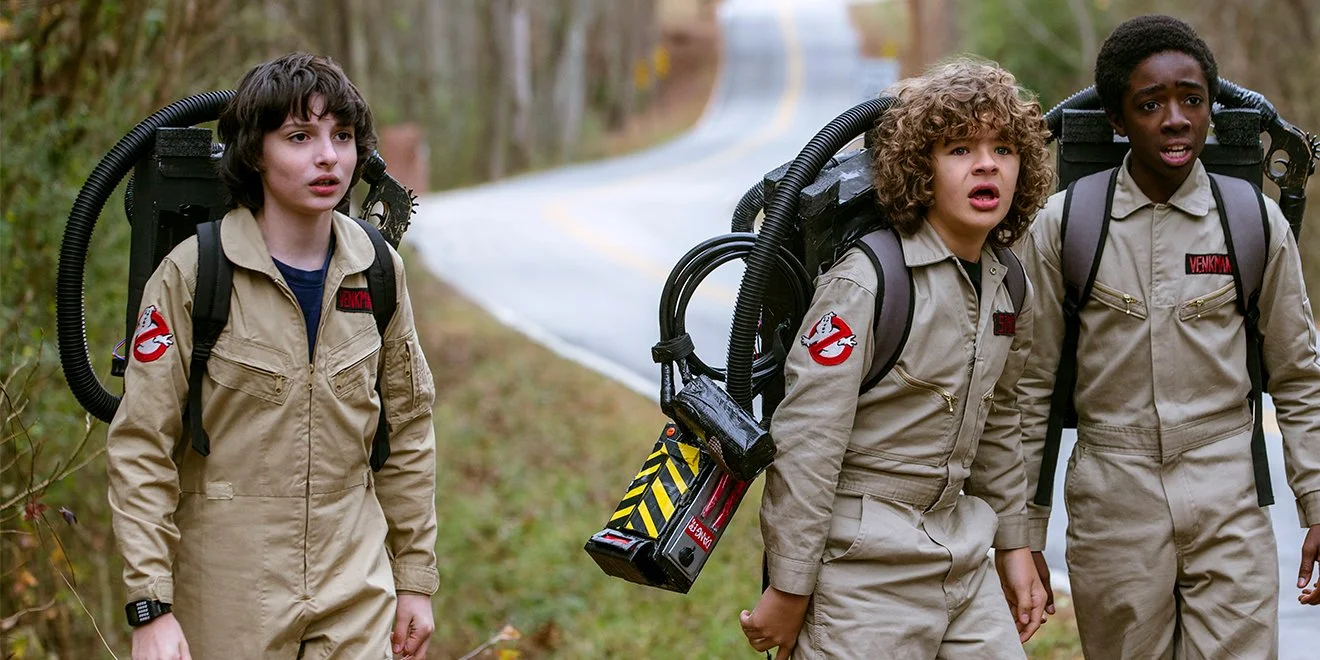Stranger Things & the 1980s - Honoring a Time Period in Your Writing
We made it y’all. We have survived the Stranger Things drought, and the show is back after all the ups and downs since 2019. I know I have been missing it so much the whole time, wondering for years where they planned to take this next season and how the show is going to round itself out as we get closer to the end. In doing so, I realized something about the show that I don’t think we value enough. Stranger Things really is a brilliant example of capturing a time period in full in a single piece of media. It’s a show that I highly recommend writers look into and study to take away making pieces set in specific period. Let’s get into it!
From Netflix’s Stranger Things
I am of the personal belief that if you are writing something set in a specific time period, it’s important to show the era in its entirety and honor it the best you can. So often shows and movies set something at a specific time for no more than a nostalgia or aesthetic grab. The best writing uses an era as an integral part to the plot. The writer’s research can make the story really feel like it could have taken place at that time.
Each season of the show has picked up on this note and improved itself continually. Season one versus season three are completely different settings in feeling. It’s not just about the pop culture references and slang— the production and sound design specifically shine more and more every time. While having single nods, season one was a tad busy in world building from a scientific lens to truly dive into the time period. Season two dipped its toes in the pool, from referencing the Farrah Fawcett hairspray to those adorable Ghostbusters uniforms. I think the big leap they took that re-centered their approach on the show’s relation to the 1980s was when they used the arcade. After seeing audience approval of this and even more utilization of soundtrack this season, I think they RAN with it in season three.
Season three stands out from the rest in a drastic way as the show really grabs tight onto the time period in every way shape and form you can think of. They set the season in the brand new Starcourt Mall, a major aspect to the overall 80’s lifestyle, with side plots taking place in the community pool and even in an average workplace like The Hawkins Post. Beyond that, they added plenty of small details this season that bring up more of the general climate of the US in 1985-Ronald Reagan signs, the classic movie releases of 1985, even the bolder choices in costume design and music. The loud bright colors and sound in the season taking over the dark tones the show already had even embrace the same themes many have pointed out about the 1980s as a time period.
From Netflix’s Stranger Things
While paying tribute to a time period is important, I think it’s also integral to keep two things in mind: don’t erase the negative aspects of that time and add modern influence in places audiences want to see it. We need to embrace the highs and lows throughout history to learn from it and too often history books erase hard truths we don’t want to swallow. Media is no exception here. It’s essential to consult on specific topics with the communities they affect or affected, to stay sensitive, but needed to educate audiences.
In general Stranger Things has been set from the start in honestly showing an era and its highs and lows. The show overall is inspired by the MK Ultra experiments and the awful things that came with it. While the show builds a science fiction narrative from that inspiration, it doesn’t hide the horrendous abuse these people went through. One top of which, the show doesn’t shield from other harsh topics either. This is important to touch on because for a good long while we have been reflecting on the past in media in a overly fantasized way— and in doing so, we have erased the hurt. The first thing that comes to my mind is Grease. While Grease is a movie that has aged in a way that it almost calls itself out for this, at the time of its release it created a fascination for the 1950s in media without any criticism on the time period. Don’t get me wrong, I LOVE Grease but it’s important to understand how it among other movies glamorized an era in a way that misinforms its viewers.
Now, how can we readjust a story rooted in historical accuracy to still be enjoyable while educational for audiences? I think this is a constant Netflix has oddly figured out quite quickly in their series. I think the easiest answer here is inclusion and representation. Stranger Things has done so through character. Since its first season, the show has stayed inclusive with characters in a race sense, which is great considering at the time of its initial release they really could’ve whitewashed the show and blamed it on being set in Indiana and trying to “truly reflect the population”. Instead, they readjusted to make sure they still were inclusive and grow upon this every season. On top of this, the show took a big leap in season three for LGBTQ+ representation too. Not only with hints of Will’s sexuality being included, but Robin is one of the best written lesbian characters we really have in modern media that respectfully represents that experience. I remember the scene late in the season was revolutionary to me because it didn’t feel forced - she was already a whole developed character the audience loved and they let the scene be impactful and real.
From Netflix’s Stranger Things
I’m so intrigued to see if they hold true with all of this in the new season. Considering that they are expanding the story out of Hawkins and both into California and Russia—there’s a lot of opportunity to dive deeper into what the late 1980s held. Either way, I hope you are able to track down some Eggos, some U.S.S. Butterscotch ice cream, and turn on your VCR to tune in for what’s about to be a VERY big summer filled with the Upside Down.




